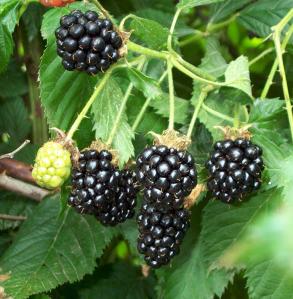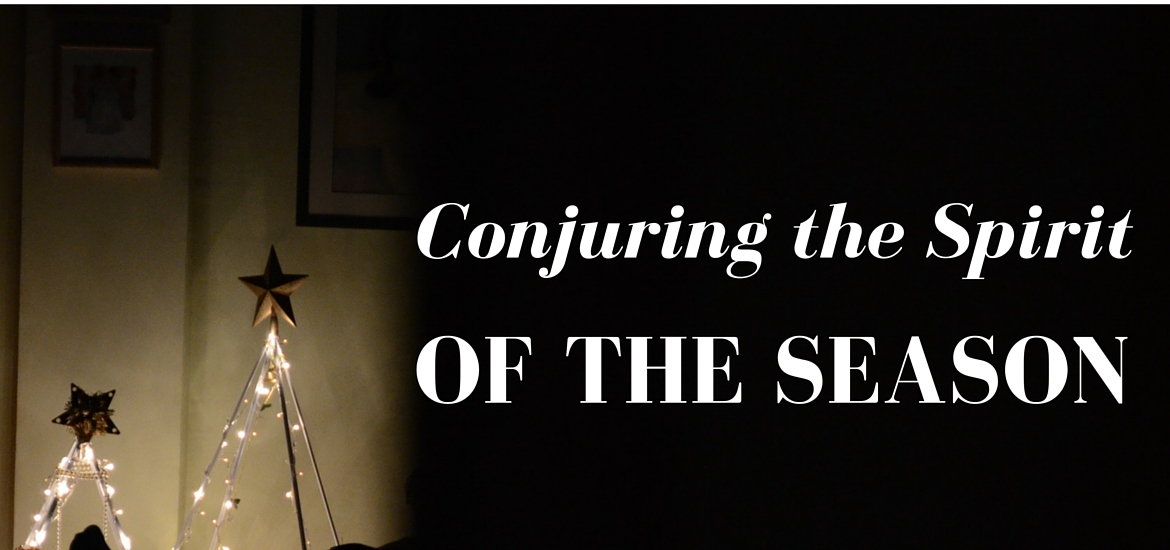This sermon was written for St Paul’s Episcopal Church in Seattle, Washington. The lectionary texts included Ezekiel 17:22-24 and Mark 4:26-34.
Perhaps you’ve seen photos of people standing beneath mustard shrubs that are twenty, sometimes thirty, feet high. The shrubs are larger than some trees, looming over the people standing beneath, who smile in its shade. Sometimes the people beneath hold a single mustard seed between two fingers as they stand in the shade, grin at the camera, their smile saying: This tree started with a tiny seed like this one! The contrast is remarkable — the seed so small, and the plant it produces so exceptionally large! Offering rest and respite for the birds is nothing — these trees offer shelter to entire families of picnicking people.
The kingdom of God can perhaps be said to be like that type of growth. Perhaps the kingdom of God is like the movement from something small to something towering, a movement that is ever-upward into strength.
The photographed mustard trees, the way their power and might is glorified — we can liken the way we see them to the way the prophets of Israel viewed the cedars. Cedars are massive trees; they can easily grow up to 120 feet tall, some as high as 180 feet. They are symbols of nobility, power, and strength.
The prophet Ezekiel, whose words we heard this morning, whose words Jesus likely memorized as a boy, Ezekiel spoke of cedars as a metaphor for the kingdom of God; the people of Israel are birds who rest among its branches. From Ezekiel we heard:
Thus says the Lord God: I myself will take a sprig from the lofty top of a cedar; I myself will plant it on a high and lofty mountain, in order that it may produce boughs and bear fruit, and become a noble cedar. Under it every kind of bird will live; in the shade of its branches will nest winged creatures of every kind. All the trees of the field shall know that I am the Lord.
The kingdom, in this text, is a cedar that God’s own self has planted, and under it the birds of the air will make their nests, the people of Israel will live comfortably.
+ + +
A few weeks ago, I went to the West Seattle nursery to pick out bushes for my front yard. While pawing and searching through the various adolescent fruit shrubs available for purchase, I came upon, for sale, a young blackberry bush.
I was bewildered. Blackberries are an invasive species in Seattle — a delectable invasive species, don’t get me wrong. I’m not complaining, I love a good blackberry pie or blackberry crumble or blackberries in my morning yogurt, or blackberry jam…. I mean, I love them, but they’re essentially a very delicious weed.
They’re everywhere in this city. Right now, they’re in bloom — you’ve seen them, those thorny branches with the little white flowers. You see them in parks and by the highway and around parking lots and pretty much anywhere that has some spare soil. You probably passed some this morning on your way here, they’re that pervasive.
To use my own home as an example, if I’m looking to grab a fresh snack, I can walk ten feet west or twenty feet east and have a heaping bowl of blackberries. Not even like a personal size soup bowl, but like a mixing bowl, the biggest one I have. They’re abundant.
And those are just the ones I can reach without personal harm to my skin — there are even more on the inner parts of the shrub, places that only birds of the air can reach.
And yet there I was, in the confines of a nursery, I round the corner and here’s a potted, adolescent blackberry bush. Yours to own for $19.99 + tax. Who in their right mind would pay for a blackberry bush when they’re so abundant? And what’s more — who would plant something that’s essentially a delicious weed that will take over every corner of your yard?
+ + +
With what can we compare the kingdom of God, or what metaphor can we use for it? The kingdom of God is like a blackberry seed that becomes the greatest of all shrubs and puts forth large branches, so that the birds of the air can make nests in its shade.
+ + +
We don’t hear this as a majestic image, not compared to the 30-foot mustard plant. And yet… I’ve also seen photos of blackberry bushes that loom over people; like their mustard counterparts, these blackberry trees are exceptional. But hear that I mean that literally — the giant mustard plants and blackberry plants are exceptional; they are the exception. They are the tenacious seeds met with the perfect conditions of the proper amount of sun, the proper amount of shade, the proper amount of water, good growing temperatures and seasonal conditions, the appropriate type of soil. A lack of natural disasters. The vast, vast majority of mustard plants grow about 3 to 6 feet high.

Jesus used the same image as Ezekiel of nesting birds, the image of birds nesting in the shade of a plant that represents God’s kingdom. I suspect he knew what he was doing. I doubt it was a slip of the tongue that made him say “mustard seed” instead of “cedar sprig.”
So I don’t think he was going for an image of greatness. I don’t know that Jesus understands the kingdom of God to be about imposing displays of power or appearing impressive. I don’t know that he’s interested in the most powerful systems — the skyscrapers of big banking, the multi-billion dollar cosmetics industries, the most impressive job titles, the biggest weapons, the best stuff.
I’m not at all sure that Jesus is interested in a kingdom like a cedar. I’m not sure he’s interested in securing a nest for himself in a high-up bough. I’m not sure Jesus is interested in simply appearing impressive.
No, Jesus doesn’t use the image of the cedar tree. He uses the image of a mustard seed the unexceptional mustard seed. If Jesus were a Seattleite, I imagine he might use the image of the unexceptional blackberry seed. A common seed that will grow into a common plant, the type that grows waist-high and itself produces more seeds that produce other plants that grow waist-high and produce seeds that eventually take over a garden, and some time later they take over the city, and surrounding fields, and a generation after that, they’ve filled every bit of available soil from the Olympics to the Cascades. Without our having to do anything, these plants grow and spread and can’t be stopped.
The greatness of a cedar is in its height; yet a cedar can easily be cut down. The greatness of blackberry bushes is in their explosive, horizontal growth. As anyone who has ever tried to keep blackberries from their yard can tell you, they aren’t easily defeated. Blackberry bushes only appear less powerful than a cedar; precisely because they are low to the ground and their power is decentralized, they’re just about unbeatable.
+ + +
The Kingdom of God is among you. Will you fight back the invasive vines, cutting yourself on thorns in a losing battle? Or will you taste the delectable berries, taste the goodness being offered to you freely, feast on the fruit that came about by no work of your own doing — and build your nest in its shade?





